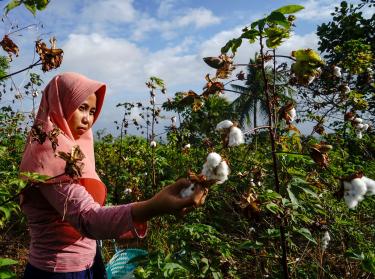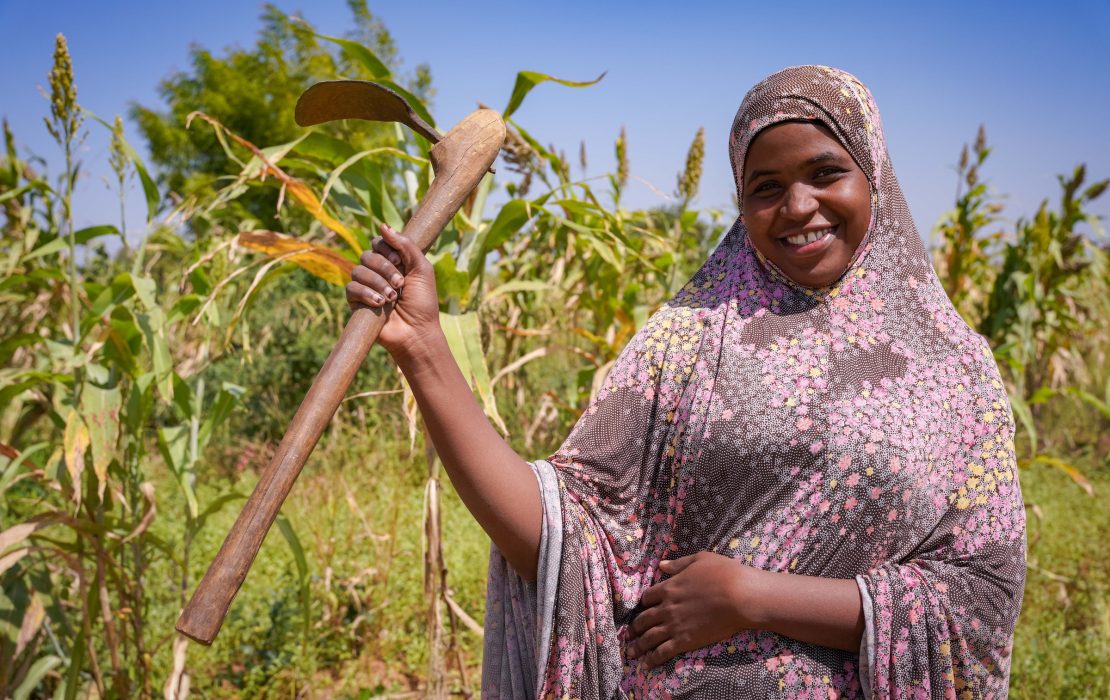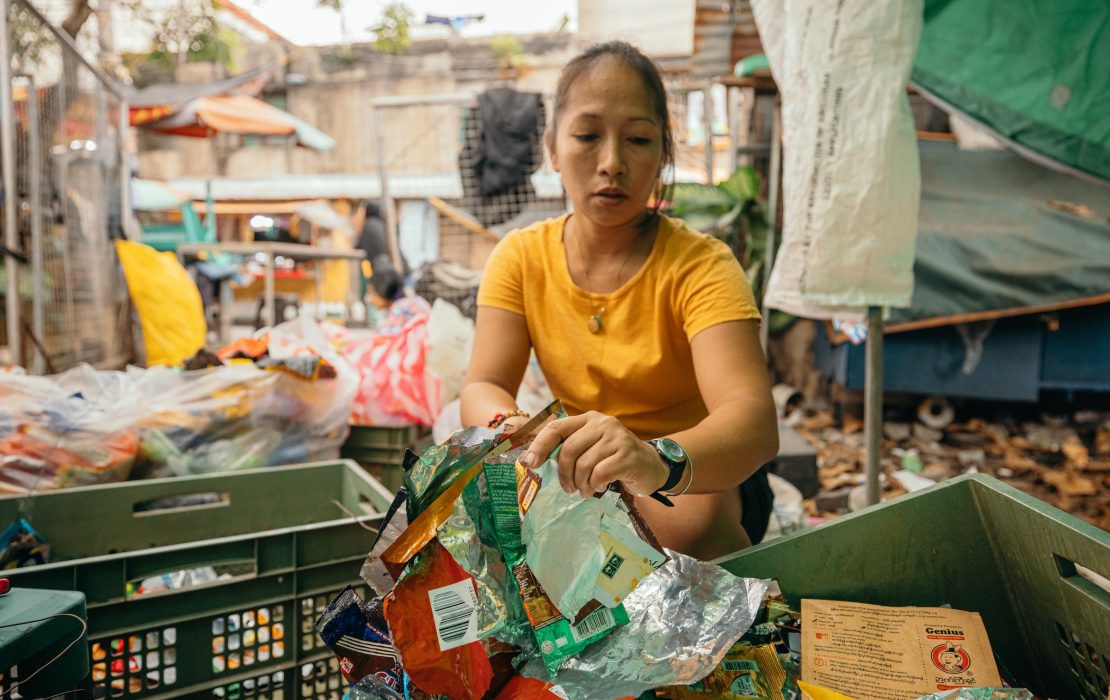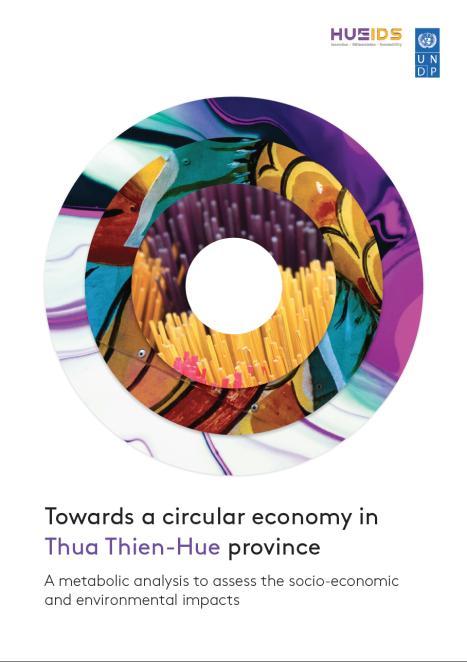It is broadly recognised that humanity’s unsustainable patterns of consumption and production are driving the triple planetary crisis: climate change, waste and pollution, and biodiversity loss.
Our current linear economic system is built on a model of extracting raw materials from nature, turning them into products to be consumed, and then discarding them as waste. Currently, only 7.2 percent of used materials are cycled back into our economies after use. This has a significant burden on the environment and contributes to the climate, waste and pollution, and biodiversity crises. It also increases competition over resources, exacerbating existing social, economic and environmental challenges. This, in turn, can contribute to insecurity at local, national, regional and global levels.
Circular economy approaches, on the other hand, are designed to reduce waste and pollution, keep materials and resources in use at their highest value for as long as possible, and regenerate natural ecosystems. They can be employed in a number of different sectors from fashion and textiles to buildings and construction, and at various stages of a product’s lifecycle, including design, manufacturing, distribution and disposal.
Circular economy approaches can help countries accelerate their transition to more inclusive, resilient, and lower-carbon economies.
Under the Paris Agreement, countries are adopting national climate pledges, or Nationally Determined Contributions (NDCs), to reduce greenhouse gas emissions and increase climate resilience. By ensuring circular economy approaches are embedded into these pledges, countries can accelerate the transition to a low-carbon economy, protect nature and biodiversity, and create green, decent and dignified jobs for their citizens.
Many governments are already integrating circular economy approaches into their NDCs in key sectors such as waste, food and agriculture, urban planning, tourism, and buildings and construction.
Through the Climate Promise, UNDP is working with countries to assess, identify and implement circular economy approaches as part of their NDCs. This includes carrying out circular economy assessments to identify priority areas for circular action and building communities of practice to engage with the private sector.
We also support national and sectoral planning and budgeting, help build capacities of key stakeholders, and raise awareness of the circular economy as a powerful tool for meeting countries’ climate, biodiversity and development goals.





